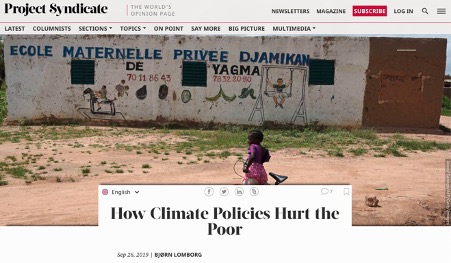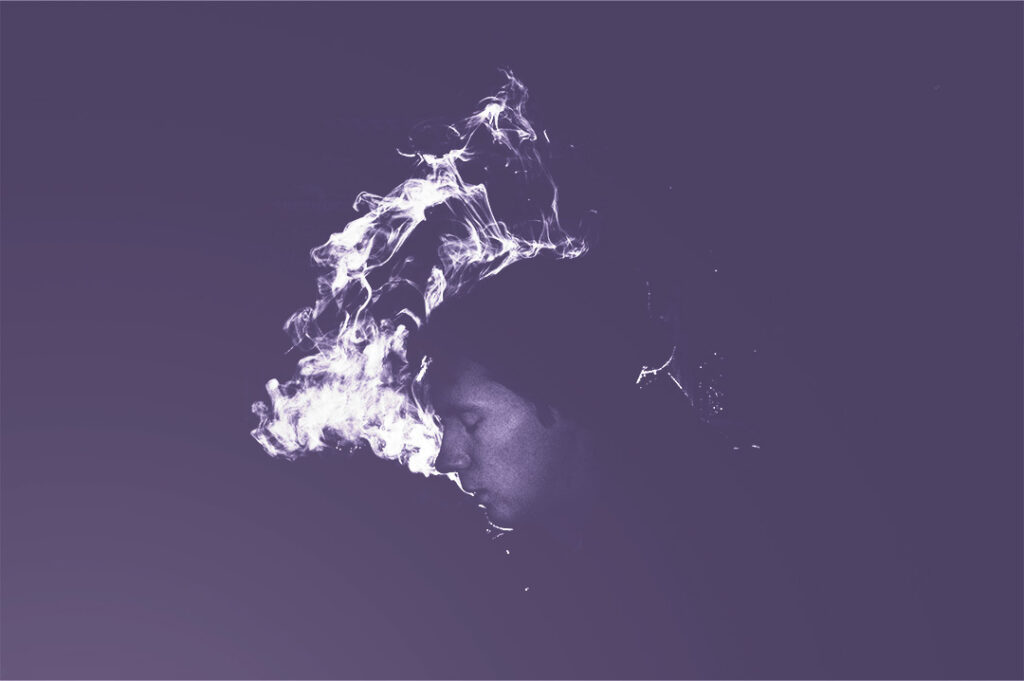Visualizing





This cluster on COVID-19 denialism investigates, analyses, and showcases the diverse ways in which the denial of various dimensions of the pandemic makes visible inequalities, social conflicts, underlying ideologies, and inherently political processes. The contributions illuminate how different iterations of Covid denialism figure into the domains of representation, infrastructure, disinformation networks, democratic deficits, political conflicts, racism, and social solidarity.
Visualising Covid denialism allows us to approach the stark divergence of popular narratives of the pandemic from an alternative vantage point, prompting us to consider the different ways in which collective denialism in response to a new global pandemic may take shape, and what practices of denialism mean for the people and groups involved, as well as for those attempting to advance alternative narratives and ways of being during the crisis.
This cluster is a space for reflection on the overwhelming contradictions and forms of cognitive dissonance that have given rise to social and political conflict during the pandemic as citizens, societies, states, and scientific communities have been forced to navigate competing streams of knowledge production and political action. This is a situation that has exposed stark material and discursive inequalities, revealing the ways in which certain groups are marginalised and possess little power to have their concerns heard and addressed. Covid denialism is much broader than simply denying Covid. Denial-ism draws attention to both rhetorical forms and ideological configurations that encompass the denial of airborne transmission, asymptomatic transmission, mask efficacy, vaccines, the existence of long Covid, etc.
Covid denialism extends beyond the individual to decentralised movements, coherent organisations, and even that of the state, where a secular, ‘rational’, ‘evidence-based’, ‘progressive’ state such as Sweden engages in science denial by embracing anti-science stances – such as the denial of the efficacy of masks and lockdowns – that are normalised through official public communication channels. This contrasts with the more common manifestations of denialism as supposedly anti-establishment and far-right, while nevertheless being aligned with and/or co-opted by corporate interests.
Denial has both racialised and class-based effects. To deny the severity of the pandemic does not match the on-the-ground social realities of citizens and workers most exposed to the virus, often being required to work without proper protection or furloughed without pay during lockdowns. This includes people in risk groups, or living with risk groups, and teachers sent to teach in class without vaccines, face masks, or even systematic testing. This cluster seeks to shed light on, and provide a space of reflection about the different ways these lived realities are denied and the inequalities that these shades of denialism reveal.